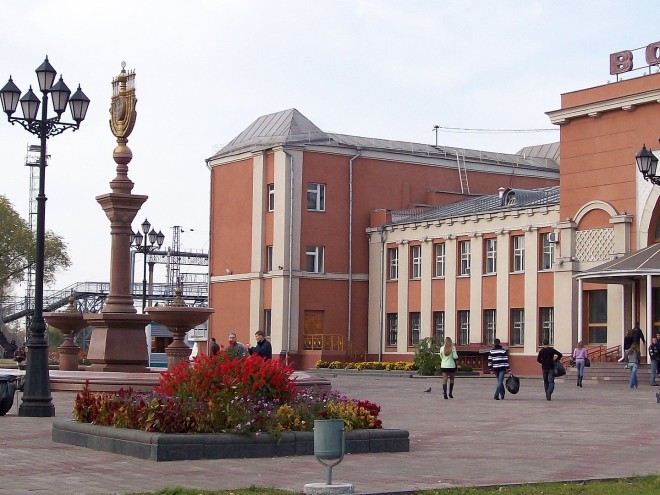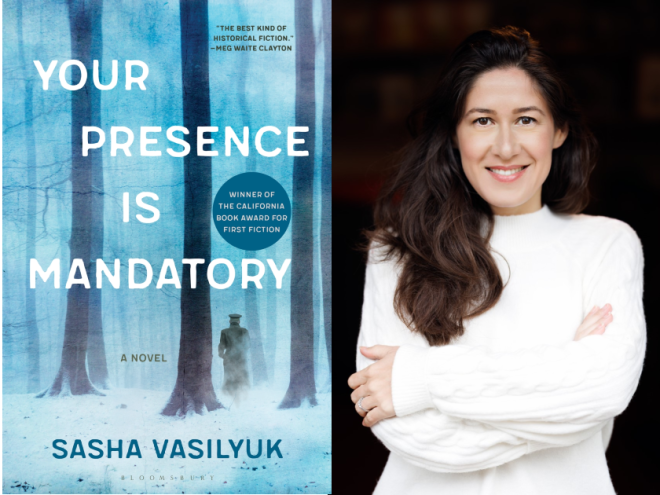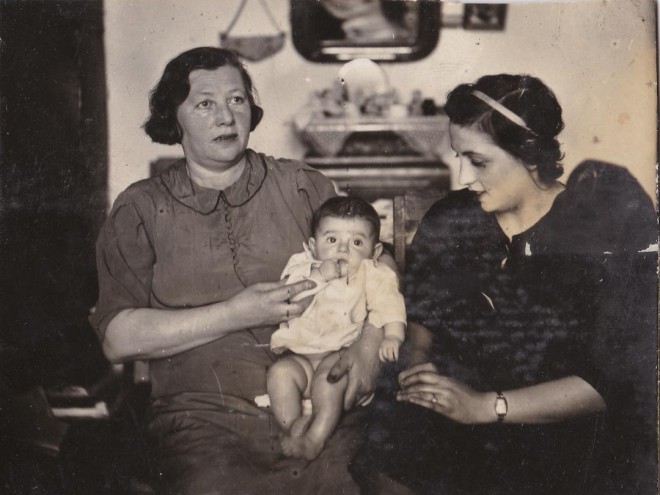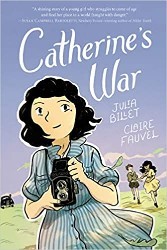My Mother’s Secret begins with heroine Regina fleeing Stalinist Moscow for Birobidzhan, the Jewish Autonomous Republic (JAR) in the Far East. Established by the Soviet Union in 1934 as a homeland for Russia’s Jews, Birobidzhan was an inhospitable land, with no infrastructure or practical support from the Communist government. Starving and working all day in fields that yielded minimal crops, Birobidzhan Jews were subjected to the same totalitarian doublethink as the rest of their fellow Russians.
The strength of Alina Adams’s unique writing lies in her depiction of the mindset of Jews who lived in Russia between the 1917 Revolution and the end of the Soviet Union. Numbering in the millions, they survived thought control and indoctrination in the first generation, then lived with cynicism and mistrust in the second. Meanwhile, antisemitism was a constant. All of this, and yet the twentieth-century experience of Jews in Russia before and during World War II — the pogroms of World War I, the rise and fall of Soviet Yiddish, Birobidzhan — is mostly unknown to American Jewish readers.
Regina struggles with the contradictions between her own common sense and her formal education in Communist dogma. As a young adult, she already knows that she has to weigh every word she says, every response she gives, every facial expression and verbal reaction from her superiors. Frightened that any mistake could end her life, she doubts her ability to make a correct decision. Like the heroine in The Nesting Dolls, Alina Adams’s other book about Jews in Soviet Russia, Regina encounters a man who is young and sexy and also knows how to game this dangerous system while keeping his humanity intact.
Punctuating My Mother’s Secret is the story of Regina’s daughter Lena, who has inherited her mother’s crippling inability to trust her own instincts, despite growing up in San Francisco in the 1980s. Lena’s story provides a vehicle for a happy ending, but it’s not entirely necessary. At the book’s core is Regina: as a believing young Communist, as a disillusioned woman torn from her lover, and as a survivor in America, regretting all her choices.
There is really no other modern author writing fiction about this vital Jewish demographic in its original locale, offering a story that isn’t centered on the Holocaust. With her depth of knowledge and her gripping, fast-moving prose, Alina Adams is a distinctive writer of Jewish historical fiction.
Beth Dwoskin is a retired librarian with expertise in Yiddish literature and Jewish folk music.





